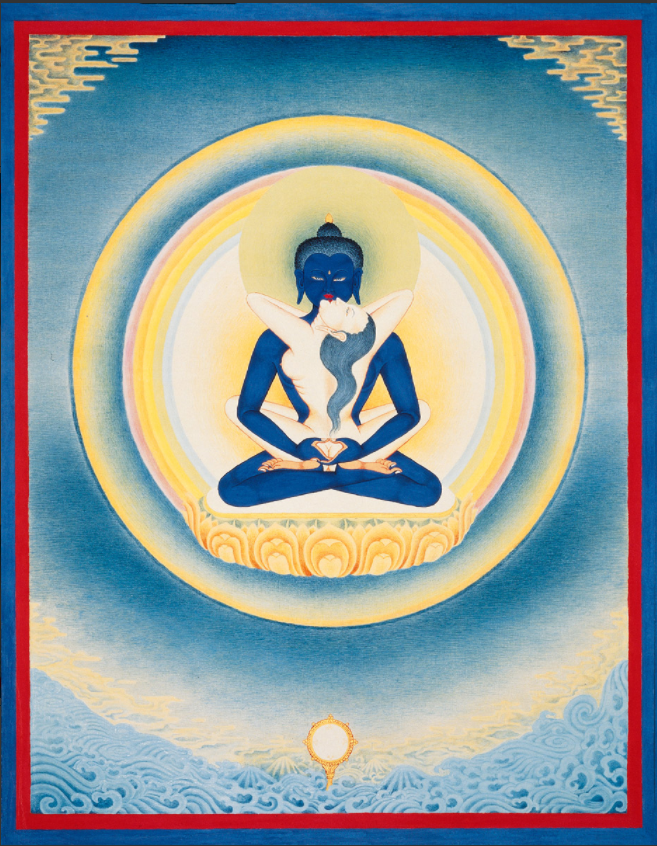
Hello! A small post announcement about a recent interview I did with Steve from the Guru Viking podcast. This is the fourth time I’ve appeared on Steve’s podcast and as part of this expansive monologue (such is my way), Steve wanted me to share some reflections on the role of non-ejaculatory sex across various traditions, since this is a question which often comes up for his guests and listeners.
We touched briefly on a number of topics here without going too deeply into any of them. The meditative procedures I mention in the interview are certainly not intended to be learned from books or online interviews but I hope nonetheless that this cursory, more academic overview proves interesting and will further listeners/viewers’ education in a positive way! Here’s the link to the episode, which you can find on YouTube, Soundcloud, iTunes, and Spotify.




